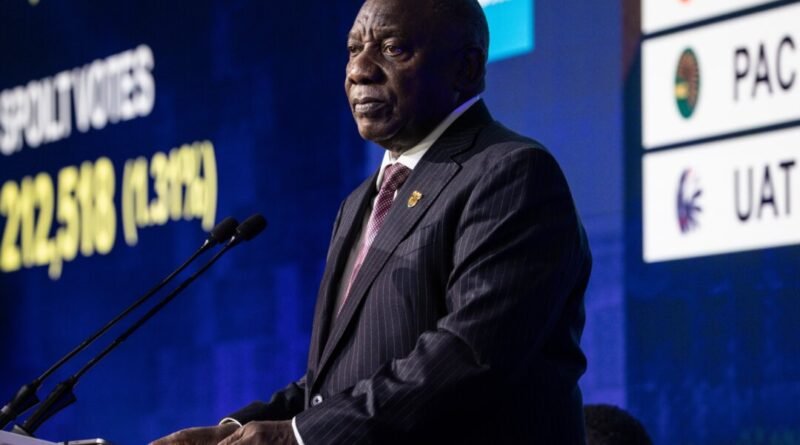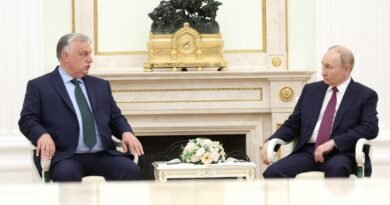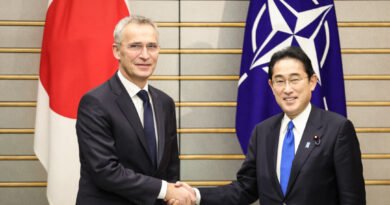The Political Future of South Africa at a Precarious Crossroads
Parties aim to come together this week to establish a crucial government, but varied policy stances and hostilities pose a threat to the discussions.
JOHANNESBURG—South Africa is at a turning point this week as political parties convene to negotiate a power-sharing agreement following the nation’s landmark election on May 29.
The election marked a significant shift from the African National Congress (ANC)’s longstanding majority since the country’s first multiracial election in 1994, where it secured only 40 percent of the vote.
The public rebuked the ANC for years of corruption, economic mismanagement, escalating violent crime, high unemployment, poverty, and failures in service delivery that left citizens without essential resources like electricity and water for extended periods.
With 159 out of 400 National Assembly seats, the ANC is unable to govern independently as it has for the past three decades, necessitating support from opposition factions.
The second-largest party is the centrist, pro-business, pro-West Democratic Alliance (DA), holding 87 seats.
Following are two Marxist, anti-West populist parties led by former charismatic ANC figures: Jacob Zuma’s Umkhonto we Sizwe (MK) with 58 seats and Julius Malema’s Economic Freedom Fighters (EFF) with 39.
The remaining parliament includes a diverse range of organizations representing Zulus, Afrikaners, and mixed-race South Africans.
By the end of the week, the ANC must reach an agreement with all or some of the other represented parties in compliance with the Constitution, which mandates the parliament to convene for president election two weeks after the election results are announced.
Recent headlines from global media outlets highlight the current tension in South Africa’s most industrialized economy.
The Financial Times in London stated, “South Africa on the precipice,” while The Economist mentioned, “South Africa on the brink of salvation or catastrophe,” both alluding to the ANC’s dilemma: aligning with the DA on the right or forming a coalition with MK and potentially the EFF on the left.
Nonetheless, President Cyril Ramaphosa has presented a curveball by inclusively inviting all factions—despite their conflicting policies and stances—to participate in an ANC-led Government of National Unity (GNU).
“My immediate reaction is, I can’t see how they can work together, even on the simplest of issues, because they literally hate one another and they all hate what the other stands for,” noted Professor Susan Boosyen, a highly regarded political analyst in South Africa.
 Source link
Source link
- Trump assures Christian Group of making a comeback with him
- Trump Finishes Presentencing Interview in Under 30 Minutes With Minimal Questions





